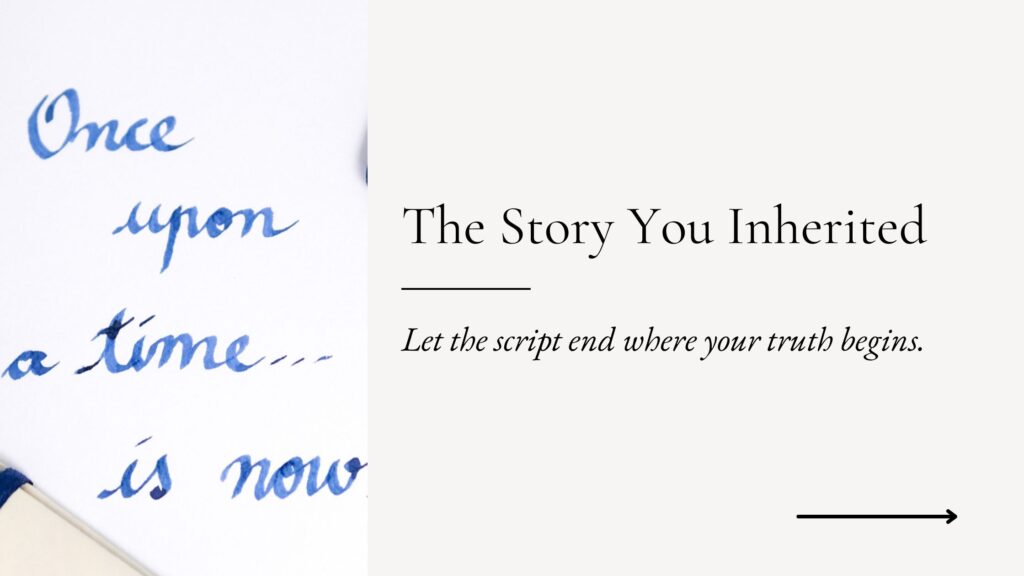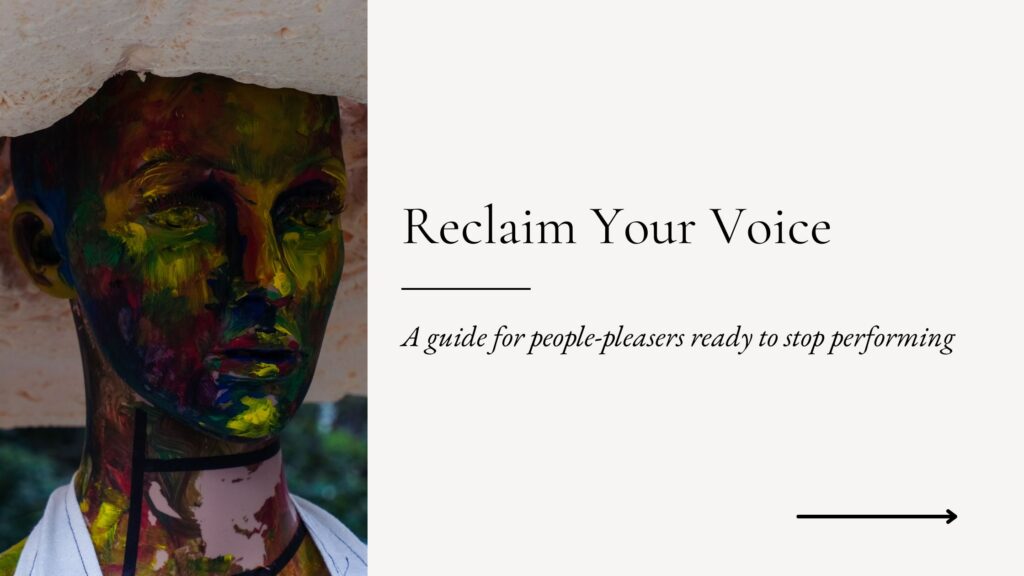Why the Modern World Breaks Our Brains—and What to Do About It
Executive dysfunction support isn’t about discipline or distraction—because the problem isn’t willpower.
Sometimes it’s structural:
Most people are expected to be the CEO, project manager, operations team, and janitor of their own life—simultaneously—without any of the scaffolding real systems have.
Whether you’re self-employed, caregiving, navigating ND life, or simply trying to keep up in a world that offers no built-in structure, you’re likely managing everything—alone.
No team, no roadmap, no accountability but your own.
And it’s exhausting.
What Executive Function Actually Means
Firstly, let’s demystify the term.
Executive function isn’t just “getting things done.” It’s a cluster of cognitive skills:
- Task initiation (starting)
- Working memory (holding steps in mind)
- Inhibition (resisting distractions)
- Cognitive flexibility (adjusting plans)
- Self-monitoring (tracking progress)
- Planning & prioritizing (deciding what matters)
Furthermore, in a traditional workplace, most of these are outsourced to the system:
- Your manager sets priorities.
- Your calendar structures time.
- Your paycheck enforces motivation.
But when you’re solo—freelance, neurodivergent, or both—you’re running the whole control panel alone.
How the Modern World Trains Dysfunction
Here’s the kicker: we train people into executive dysfunction.
We design childhood as a structure-heavy, responsibility-light bubble. Significantly, kids aren’t taught how systems run—they’re just moved through them. Meals appear. Schedules are managed. House stays clean.
Then we drop them into adulthood like:
“Congratulations! You’re now responsible for food, finances, life admin, emotional regulation, and career planning. No instruction manual. Don’t mess it up.”
Even college—where some independence begins—still offers external structure. So when it’s finally just you and the paperwork mountain, your nervous system short-circuits.
And if you’re neurodivergent? That wiring was never optimized for repetitive, meaningless, detail-heavy tasks.
It’s Not That You’re Lazy
If you only do tasks with meaning, stakes, or symbolic resonance—congrats. Your brain is working just fine. You’re not broken. You’re operating on a fuel system designed for purpose, not pressure.
But we live in a world that often demands compliance over meaning, structure over soul.
This mismatch between internal logic and external demand? That’s the friction.
That’s why executive dysfunction support needs to go beyond checklists and productivity hacks.
So What Do We Do?
Externalize the System
Don’t hold your whole life in your brain. Instead, use:
- Task maps
- Story-based planning (quests, rituals, XP systems)
- Apps that cue you similarly to how a project manager would
Simulate Roles
Map your internal roles:
- Firstly, the Strategist sets the path
- The Operator then executes
- Finally, the Archivist files the papers
Each one gets their own tone, ritual, and lastly a reward.
Remove Low-Meaning Tasks
If it drains you and doesn’t move the needle, automate it or delegate it. Hire a bookkeeper. Use tech. Or, if you must do it…
Ritualize the Boring
Turn “log receipts” into the Ledger Ceremony. Light a candle. Put on a soundtrack. Close the book when it’s done. Treat even the mundane as sacred if you can’t avoid it.
You Were Never Meant to Carry It All
Executive dysfunction isn’t a failure of willpower. It’s the fallout of being human in a system that forgot how humans work.
You’re not lazy. You’re carrying the load of five invisible roles. And maybe, just maybe, you’re not supposed to do it all alone.
Want to untangle the story that’s keeping you stuck?
I offer a single-session coaching arc called a Narrative Reset. In 90 minutes, we map the invisible systems you’ve been carrying—and reframe the path forward. No pressure, no performance, just clarity and symbolic scaffolding.
👉 Learn more about the Narrative Reset or book a free discovery call
You don’t need to fix your brain.
You need a structure that fits the way your story runs.
P.S. If this resonates, feel free to pass it along. Forwards often reach exactly who needs them most—and that’s something I am deeply grateful for.


